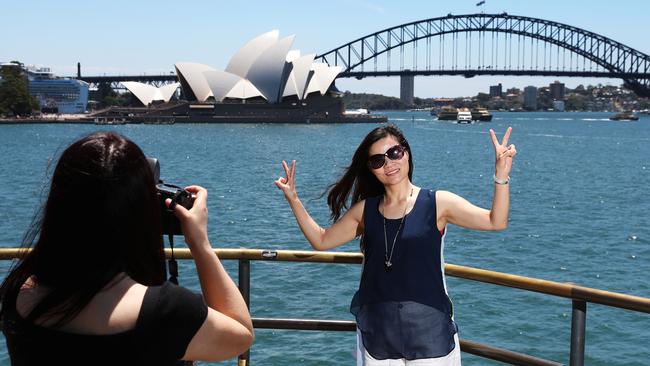
Decades of evidence prove disease has often spread globally from China’s wildlife wet markets, and there is one previous example of a disease spread from a Chinese research laboratory.
While initially branded as racist dog-whistling by some in the media left here, Morrison’s February 1 ban on direct flights to Australia from China was the government’s first successful strike against COVID-19. Yet Australia was by then already benefiting from reduced Chinese tourism because of the summer’s disastrous bushfires.
Chinese tourists account for 1.4 million trips a year to Australia but that had collapsed in the lead-up to Christmas because of the fires. Business Insider at the start of March estimated the fires and the coronavirus restrictions had forced the cancellation of 150,000 Chinese tourism visits by the end of February. Meanwhile, tourists from Wuhan — who had been banned from flying domestically — continued to fly to Europe and the US.
China’s People’s Daily on Tuesday alleged Morrison wanted an investigation into the origins of COVID-19 because of his mishandling of the bushfires and the pandemic, which he has in fact handled far better than Chinese President Xi Jinping. The Chinese also believe Morrison is motivated by support in a US election year for Donald Trump.
So is the government right to press for a World Health Organisation investigation into the origins of the virus? Of course an investigation is needed, but whether the WHO could be trusted to lead it is dubious.
The government does think it likely the virus emerged in a wet market in Wuhan, despite an incorrect report on Thursday in The Australian Financial Review suggesting Health Minister Greg Hunt disagreed. Hunt cleared that up in a letter to the AFR on Friday morning.
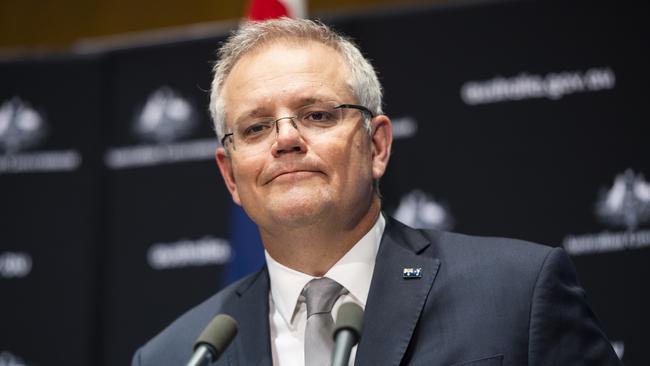
Since 2002, two separate outbreaks of SARS linked to coronaviruses from bats as well as bird flu linked to poultry in wet markets have emerged from China. The first SARS outbreak was linked to a wet market but the second, according to the UK National Heath Service, came from a Chinese medical laboratory. That is, a medical researcher came into direct contact with the virus without animal-to-human transmission. Hence the suspicions about two such laboratories in Wuhan not far from the wet market.
China probably is not certain of the source of the COVID-19 outbreak and may not want a definitive answer. This is a Marxist totalitarian regime but it understands the old Confucian theory of the Heavenly Mandate and operates on the basis that power can be maintained if the leadership continues to improve the lives of the people. In Chinese history, dynastic change was often linked to floods or famines. Pandemics covered up by leaders would fit the profile.
The Chinese leadership will resist pressure to ban wet markets. Professor Jane Gooley, of the Australian National University, told the Daily Mail last week: “We will only infuriate the Chinese government because they so strongly object to foreign interference.”
Internally, the leadership has been criticised about its handling of the outbreak and the initial criminal charges against the whistleblower doctor who in late December first revealed its existence. What has not been widely reported is recent evidence the virus was in the US and Europe much earlier than first thought. The South China Morning Post has claimed the first case of COVID-19 was reported on November 17. Some working on the pandemic here say privately that the virus may have been in Italy in early December, while autopsies in the US show deaths in California at the start of February, meaning likely infection in early January.
The Chinese Communist Party will not want to acknowledge it may have allowed COVID-19 to spread globally for perhaps six weeks longer than has been previously admitted. But the world needs to know the exact source of a virus that has infected more than three million globally and killed more than 240,000. Recent research suggests the Spanish flu that killed up to 100 million worldwide between 1918 and 1920 may also have come from China. This theory suggests a version of H1N1 influenza was transported to Europe by up to 70,000 Chinese workers near the end of World War I. Spanish flu appears to have had little effect in China itself, suggesting some previous immunity.
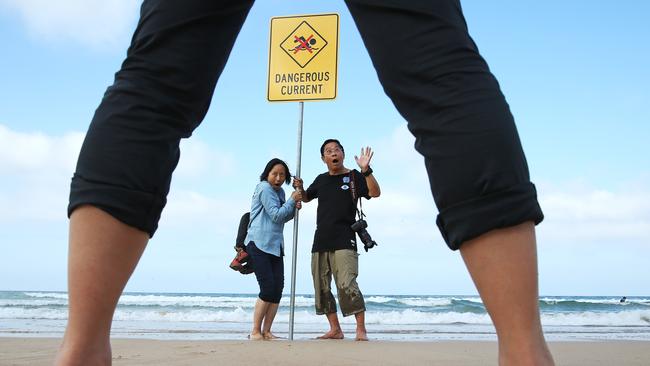
The Australian Financial Review last week led reporting of the diplomatic wrangle, publishing on Monday an interview with ambassador Cheng Jingye, who said China could ban imports from Australia over its push for an investigation of the virus. The AFR gave plenty of space to business leaders talking their own game on China, the destination of up to a third of our exports. But on Wednesday it published Adjunct Professor John Lee from the University of Sydney, who nailed the failure of China’s strategy.
Just as the CCP sees prosperity domestically as the key to its survival, it uses diplomacy and investment to reward compliance, especially by Western businesses. During the pandemic, it has sent medical aid abroad and emphasised “we are all in this together”.
Lee argued that ambassador Jingye’s threats would only harden international resolve about an independent investigation.
A speech by Victorian consul-general Long Zhou at the announcement by Health Minister Greg Hunt on Wednesday, that mining billionaire Andrew Forrest had helped secure 10 million COVID-19 testing kits from China, was a clumsy attempt to repair some of the ambassador’s damage. Long said: “China very much appreciates … the compassion … of the Australian people to the Chinese people in our fight against the virus.” He concluded: “We are all in this together.”
As many Australian former politicians and diplomats who take money from Chinese institutions like to point out, China was the biggest economy in the world for most of its history. But if it is to become a genuine world leader it needs to behave as a responsible global citizen.
Western leaders need to be confident enough to stand firm in the face of its threats. But former NSW premier and former foreign minister Bob Carr was correct in Friday’s Nine papers that more diplomatic finesse than has been shown to date will be needed to get Xi Jinping to understand China should want to get to the bottom of this pandemic to guarantee it never happens again.
And the media should not shy away from stories of Chinese bullying to protect the economic interests of billionaires such as Forrest — even if they own their own papers, as Kerry Stokes does in Perth. The West Australian on Thursday led with Stokes’s plea for Australia to focus on the China trade relationship at a time of mounting debt.




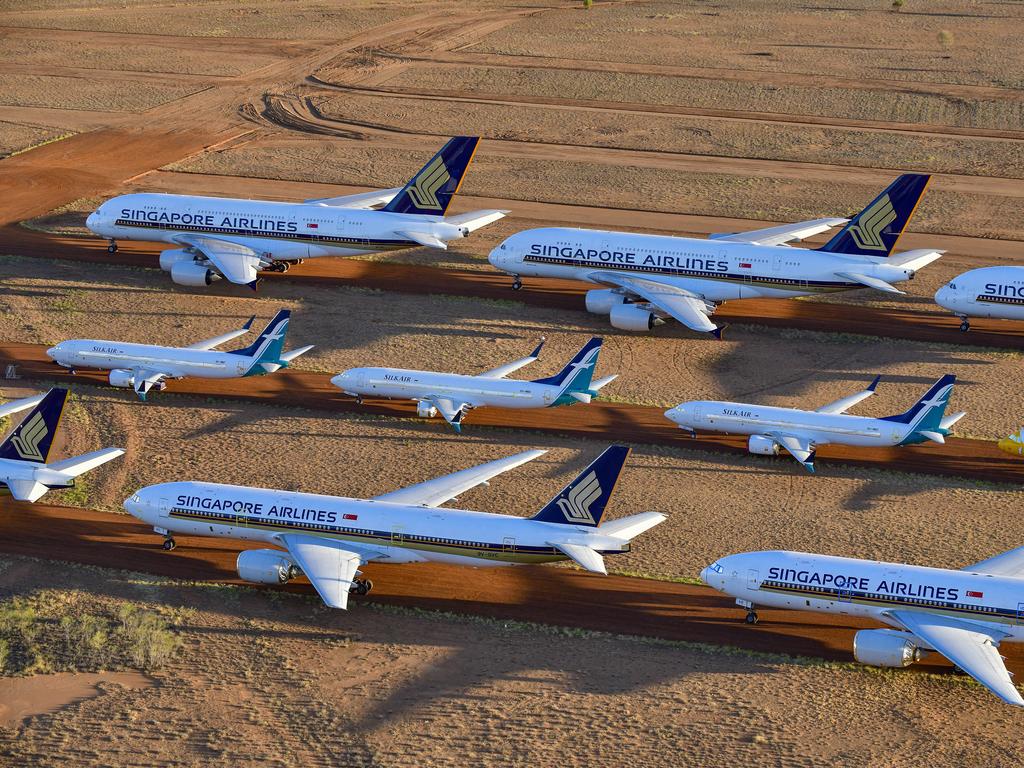
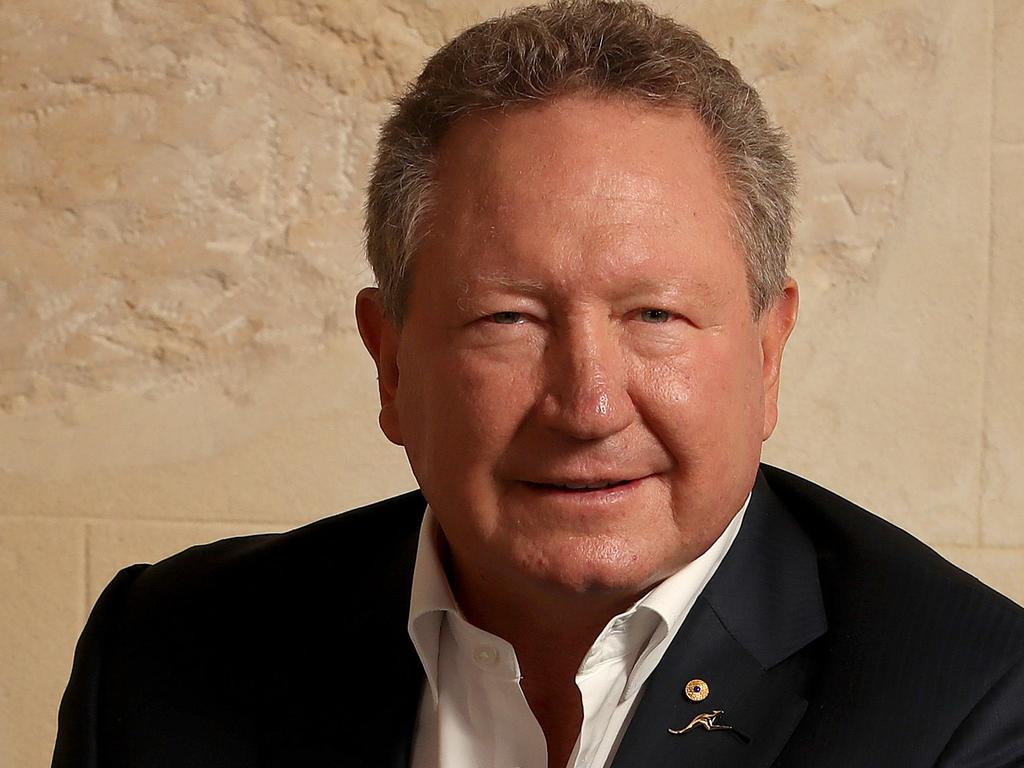


China’s criticism of Scott Morrison over his call for an investigation into the origins of COVID-19 and a ban on wildlife wet markets misses an obvious irony: the Prime Minister’s political fortunes have already been boosted by reduced Chinese contact after his ban on flights and the summer’s bushfires.